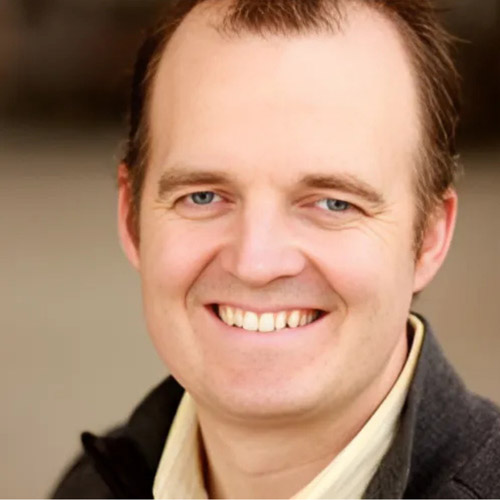Interviewing Persons with Autism Spectrum Disorder (ASD)
Presented by: Jerrod Brown, PhD
 This on-demand professional training program on Interviewing Persons with Autism Spectrum Disorder (ASD) is presented by Jerrod Brown, PhD.
This on-demand professional training program on Interviewing Persons with Autism Spectrum Disorder (ASD) is presented by Jerrod Brown, PhD.
Autism spectrum disorder (ASD) is a complex neurodevelopmental disorder that is characterized by communication and social skills deficits, cognitive rigidity, and a wide range of co-occurring emotional, behavioral, and physical health symptoms. These deficits can contribute to issues with impulsivity, sensory overload, decision-making, long-term planning, linking cause-and-effect, and understanding consequences. Struggles with the theory of mind, adaptive function, implicit understanding, and executive function are commonplace among those with autism. These struggles are particularly salient for interviews conducted in three settings: (1) healthcare, where the ability to provide personal information can impede accurate diagnosis and appropriate treatment; (2) employment, where unsuccessful job interviews exacerbate already high levels of underemployment among those with autism, and (3) criminal justice, where inaccurate information can lead to miscarriages of justice like wrongful convictions. This program is intended for professionals who conduct interviews in these various settings. Empirically based research findings and case studies are utilized throughout this program to enhance learning outcomes.
Upon completion of this training, participants will be able to:
Palo Alto University, Continuing & Professional Studies (CONCEPT) is approved by, recognized by, or maintains sponsorship provider status with the following boards and agencies. We maintain responsibility for all content in our CE/CPD programs. For more information, visit here.
American Psychological Association (APA): Approved sponsor of continuing education for psychologists.
Association of Social Work Boards (ASWB): Approved continuing education provider (ACE program, Provider #1480), 11/22/2023–11/22/2026.
Canadian Psychological Association (CPA): Approved to sponsor continuing education for psychologists.
National Board for Certified Counselors (NBCC): Approved Continuing Education Provider (ACEP No. 7190).
Palo Alto University, Continuing and Professional Studies (CONCEPT) is approved by the American Psychological Association to sponsor continuing education for psychologists. Palo Alto University, Continuing and Professional Studies (CONCEPT) maintains responsibility for this program and its content. Palo Alto University, Continuing and Professional Studies (CONCEPT), is approved by the Canadian Psychological Association to offer continuing education for psychologists. Palo Alto University, Continuing and Professional Studies (CONCEPT), SW CPE is recognized by the New York State Education Department’s State Board for Social Work as an approved provider of continuing education for licensed social workers #SW-0356 and the New York State Education Department’s State Board for Mental Health Practitioners as an approved provider of continuing education for licensed mental health counselors. #MHC-0073. Palo Alto University, Continuing and Professional Studies (CONCEPT) has been approved by NBCC as an Approved Continuing Education Provider, ACEP No. 6811. Programs that do not qualify for NBCC credit are clearly identified. CONCEPT Professional Training, #1480, is approved to offer social work continuing education by the Association of Social Work Boards (ASWB) Approved Continuing Education (ACE) program. Organizations, not individual courses, are approved as ACE providers. State and provincial regulatory boards have the final authority to determine whether an individual course may be accepted for continuing education credit. CONCEPT Professional Training maintains responsibility for this course. ACE provider approval period: 11/22/23-11/22/26. Social workers completing this course receive (clinical or social work ethics) continuing education credits.